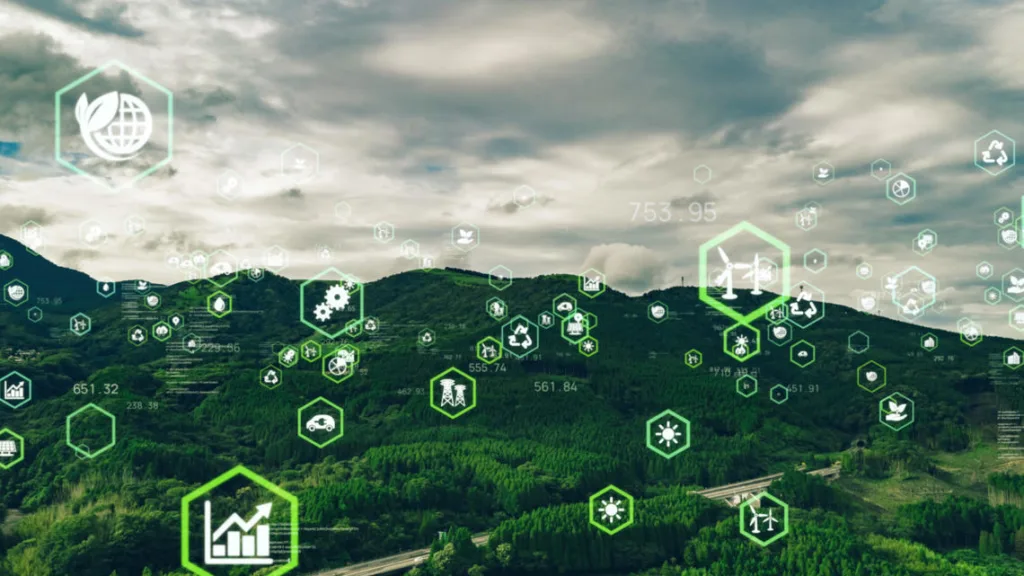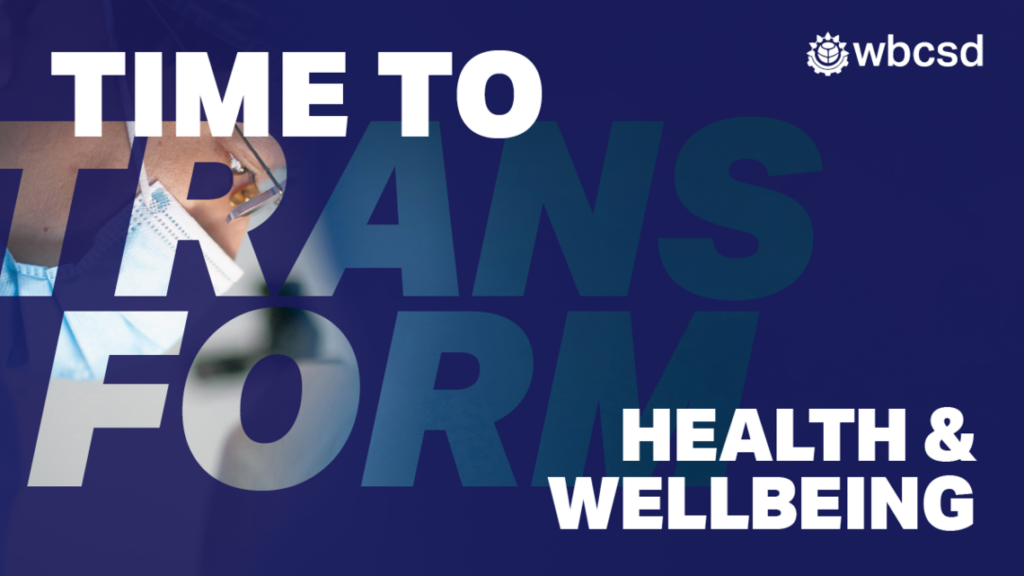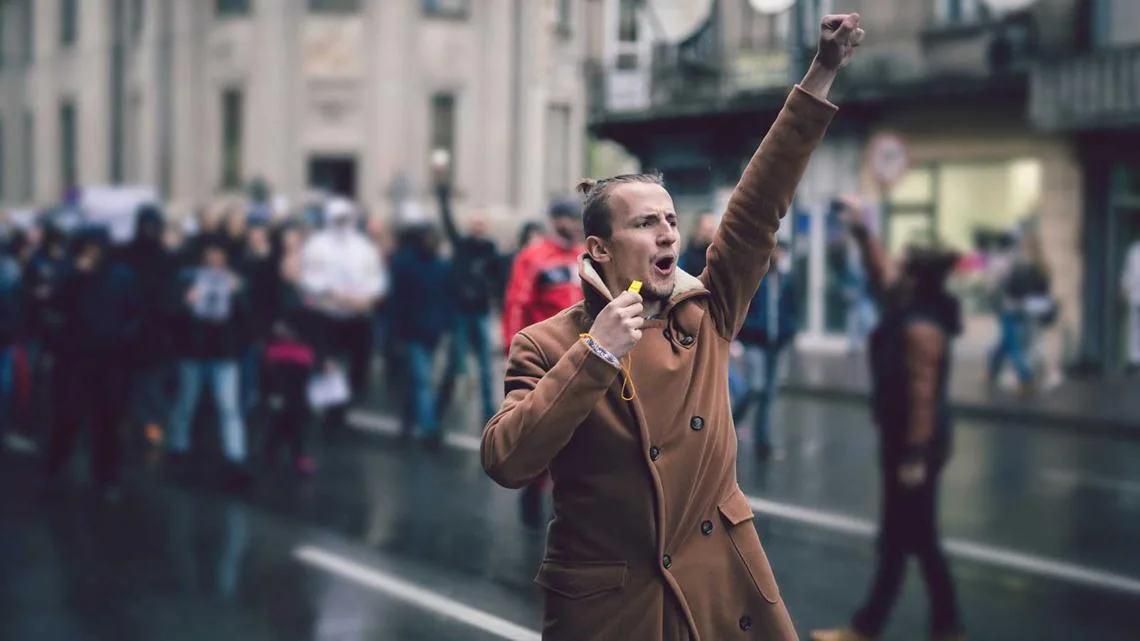Authors
Filippo Veglio
Filippo Veglio of the World Business Council for Sustainable Development outlines how business can respond to the four megatrends that are reshaping the global relationship between people and companies
We live in a period of economic, political, social and environmental volatility, aptly dubbed “the turbulent teens”. Vast numbers of people across the world feel that the economic and political system simply isn’t working for them, though life today is better for more people than it would have been at any other time in our history
Doing business in such a time calls for new thinking. Scrutiny of companies at an all-time high and stakeholders – be they from communities, customers or investors – are all expecting business leaders to drive purposeful, as well as profitable, organisations. Enhancing the business relationship with society will be crucial to a company’s ability to operate, innovate and grow into the future.
As we enter 2019, I would like to share a perspective by the World Business Council for Sustainable Development (WBCSD) on four megatrends that are reshaping the global relationship between people and business:
A world on the move
Our world is constantly on the move. Demographic shifts include an aging population in the global North and a growing youth population in the global South. Current models of healthcare, infrastructure, finance, and social security will need to adapt to support the needs of an aging population, and while youth can be a positive support for growth, countries with growing youth populations will need to find ways to provide education and employment.
In addition, the world is seeing unprecedented rates of urbanisation and migration. More than half of the world’s population now lives in urban areas and one in seven is a migrant. The global balance of economic power is also starting to shift – China has already surpassed the US as the largest economy. Finally, our world is moving online and offering a wide range of new services to previously unserved groups – from agriculture, to finance to healthcare. But not everyone can access the online world (world average is 52% penetration) and there are a number of technology-related social challenges emerging, such as data privacy and political manipulation.
A world that is polarising
Despite significant improvements in the past decades, a large portion of the world’s population lacks access to human rights, with 40 million people in some form of modern slavery and 150 million cases of child labour, and basic services (water, education, health, housing, energy, and food). In addition, while global poverty has declined, (most significantly in India and China) income inequality, both within and between countries, continues to be significant (and often widening). Forty-two people hold the same wealth as the 3.7 billion poorest, and 82% of the global wealth generated in 2017 went to the most wealthy 1%.
Inequality persists in political and economic participation, as many marginalised and minority groups remain excluded from decision-making processes and labour markets. The above challenges contribute to disillusionment of our global system and erosion of trust in the key institutions that underpin it. Parts of society today are operating in completely different information universes, meaning there is no shared baseline of facts on which political compromise and social progress is built.
A world that wants to work
While the quality of employment in some sectors has significantly improved (in part due to labour standards and regulations), vulnerable forms of employment account for over 40% of total employment. In low and middle-income countries, the number of people in working poverty is expected to increase by 3 million within the next two years. In addition, the global unemployment rate will likely rise, as the quantity of jobs cannot absorb the growing global labour force.
The nature of work is also changing, as flexible arrangements can allow employees to have a say over how, where, and when they work. However, informal employment can also expose employees to unsafe work conditions, absence of social benefits, and lack of legal protections.
Finally, the emerging technological developments around automation and artificial intelligence pose a number of questions around the future of work and will call for careful consideration around the balancing of the undoubted social benefits of technological innovation with potential impacts on the global workforce.
A world that is living beyond its means
We know we are currently living unsustainably and consuming beyond planetary boundaries. Each year we go into “ecological overshoot”, using up all the resources the planet can replenish, a little earlier. A growing population, shrinking base of the economic pyramid and expanding global middle class are exacerbating this.
And we all, all, want more. In developed economies our aspirations are for more food, a bigger home, a faster car. In developing economies aspirations might be for a bike or a scooter. For many, the lifestyle aspired to is unaffordable: 85% of households in the US cannot afford the most basic version of “the good life”. One in five millennials in the US lives in poverty. As we realise that we must settle for less than we aspire to, and as environmental and social pressures continue to strain our health, more people are focusing on their wellbeing, quality of life, and self-improvement. This trend reinforces the increasing acceptance of experiences over ownership, in part driven by financial insecurity and technological advances improving the attractiveness of the sharing economy.
But the question remains – what can business do to respond to these megatrends? Here at WBCSD, we see forward-looking companies reinvigorating their relationships with society in the following ways:
- Integrating the Sustainable Development Goals into corporate strategies provides business with a powerful framework to translate global needs and ambitions into business solutions. Companies that understand and improve their positive and negative SDG impacts will be better-placed to manage operational, regulatory and reputational risks, to unlock potentially historic market opportunities, and to consolidate an enduring license to operate on the path to 2030.
- Embedding respect for human rights in company operations and value chains is the most effective way to secure business continuity and build trusting relationships with the communities and stakeholders business relies upon. Companies also have the potential to break down significant barriers to development and positively impact the lives of millions of the most vulnerable individuals in society.
- Envisioning a future of work where people, business and societies thrive and finding business solutions that will enable workforces to be financially secure, enjoy physical and mental well-being, be empowered to shape their own lifestyles and career paths, and feel proud of their personal accomplishments and contributions to society.
- Enabling and inspiring more sustainable lifestyles by exploring innovations that can offer customers a higher quality of life, with a fraction of the impacts, in an aspirational way.
Through these actions, companies are integrating solutions for social progress at the core of their strategy, innovation, and decision-making processes. By pushing the boundaries of business as usual, these companies stand to enhance their performance and earn customers’ trust and loyalty.
Throughout 2019 and beyond, we at WBCSD look forward to scaling up solutions that accelerate the transition to a world of billions of people living well within the limits of the planet, by making more sustainable companies more successful. We hope you will join us in the effort.
This article was originally posted on Ethical Corporation on 20 December 2018.
WBCSD news articles and insights may be republished in accordance with the Creative Commons Attribution-NonCommercial-NoDerivatives 4.0 International Public License, and in accordance with our Privacy Policy. All Content must be featured with due credits.
Outline
Related
Content

Getting ready to reach new heights of sustainable business leadership
13 December, 2021

UNICEF and WBCSD launch guidance for business leaders on how to step up efforts to eliminate child labor
10 December, 2021

Vision 2050 Health & Wellbeing Pathway: We can help people feel better
30 November, 2021

